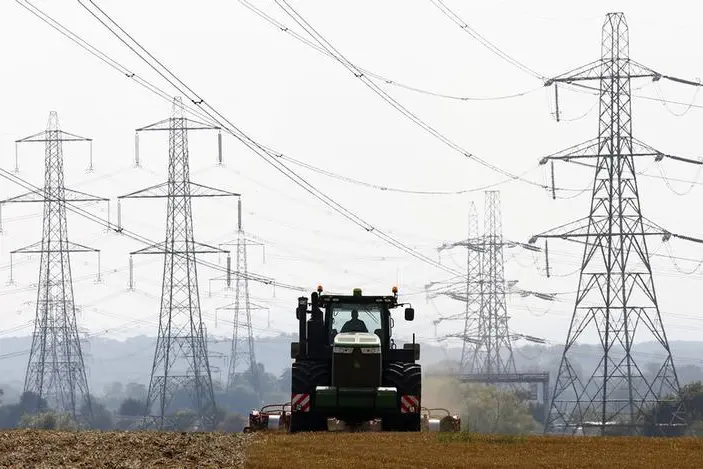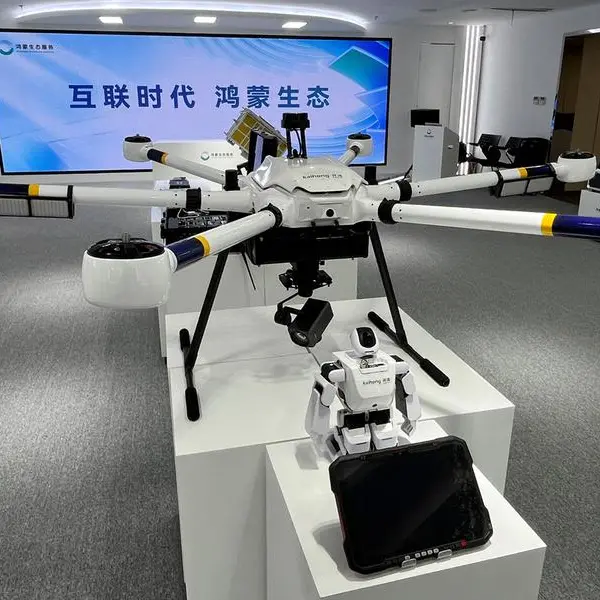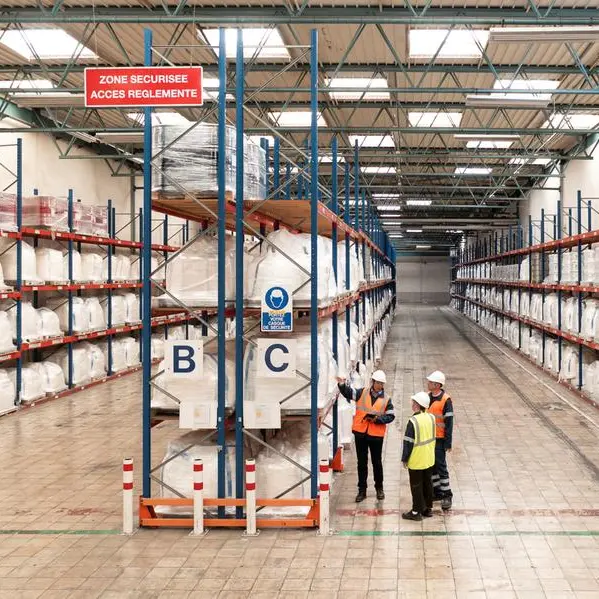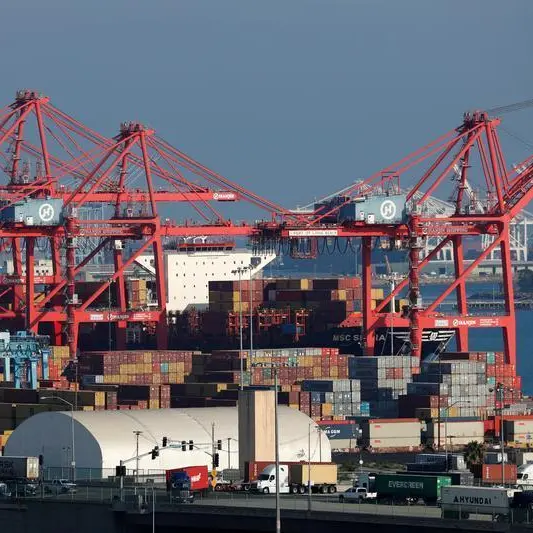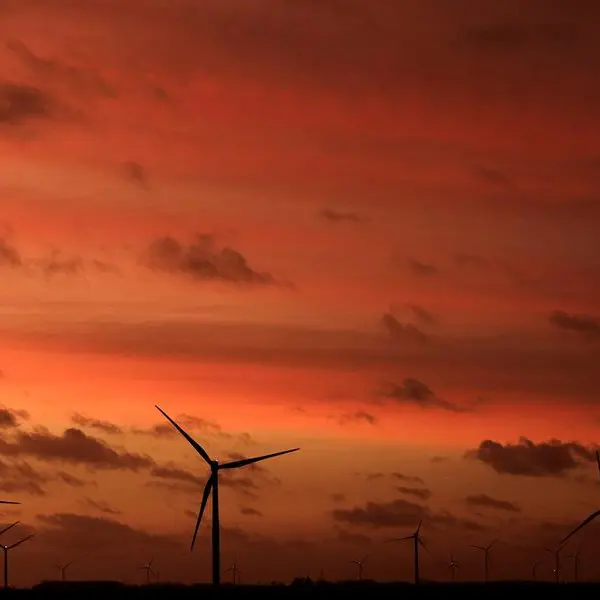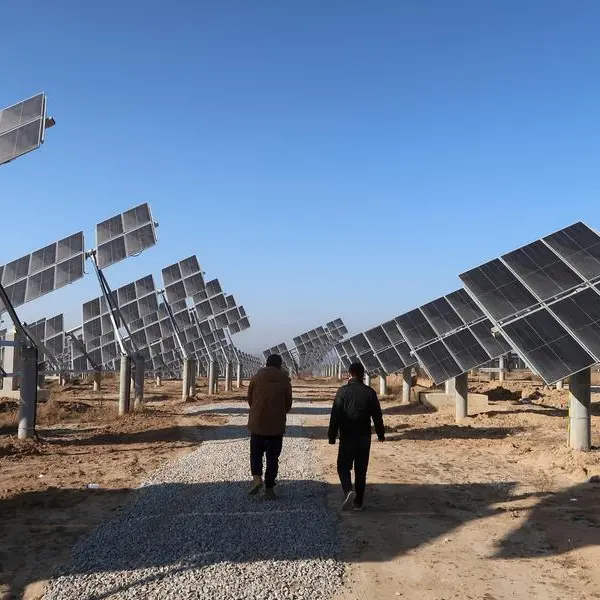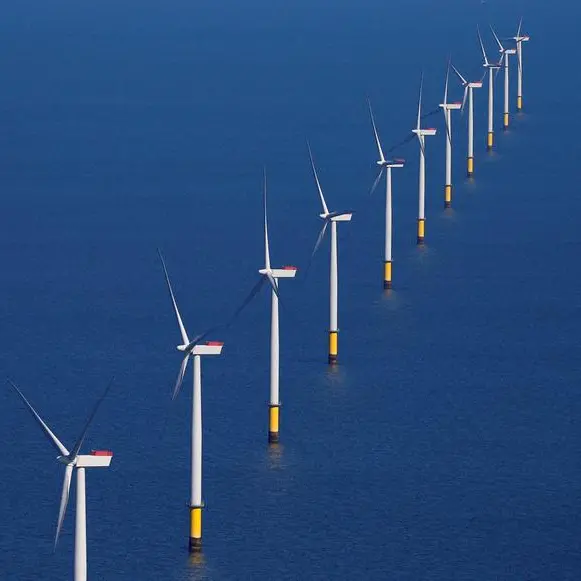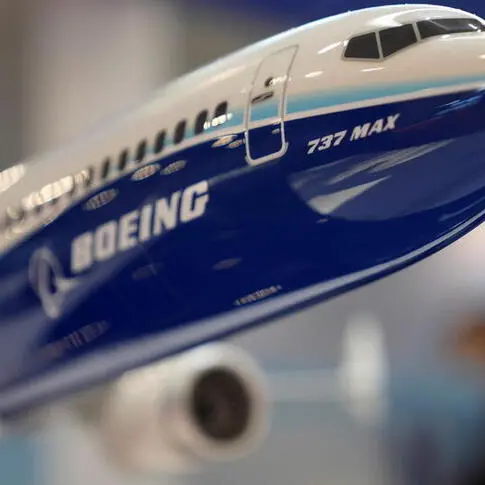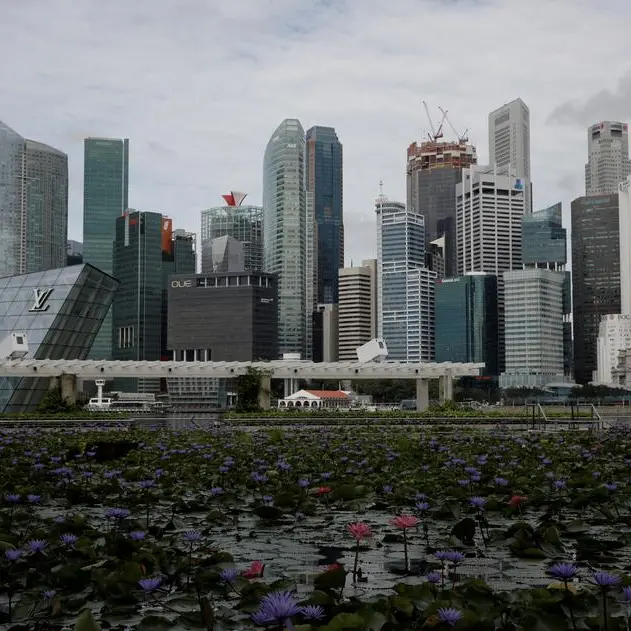PHOTO
LONDON - Europe's power crunch is taking a rising toll on the region's industrial metals sector, with two more smelters this week announcing plans to halt operations.
Nyrstar will place its Budel zinc smelter in the Netherlands on care and maintenance from the start of September until further notice, while Norsk Hydro will fully power down its Slovalco aluminium smelter in Slovakia by the end of the same month.
More closures will likely follow. Smelting raw materials into refined metal is an energy-intensive process and Europe's power crisis shows no signs of abating and may indeed get worse heading into winter.
It's hot summer weather that's the problem for smelters right now in China though. Drought in Sichuan province has led to power rationing, forcing metals processing plants to curtail output. Lithium operators are included, a warning that the energy transition metals are themselves dependent on existing power availability.
Getting sufficient quantities of minerals out of the ground to meet green demand is challenging enough. Getting enough power to process them into refined metal is now fast emerging as a big new problem for supply.
POWERING DOWN IN EUROPE
Budel is the second zinc plant to close in Europe after Glencore mothballed its Portovesme facility in Italy late last year.
Nyrstar referred only to "various external factors" in its decision to shutter Budel but power pricing has to be top of the list. The 315,000-tonne-per-year smelter was already operating at reduced capacity due to soaring power costs, as are both of Nyrstar's still-operating smelters in France and Belgium.
Glencore conceded on its results conference call that its zinc smelting business is barely covering its costs and warned that European power prices pose a significant supply risk to the global zinc market.
Aluminium smelters are even more dependent on affordable power since alumina is transformed into metal by a process of electrolysis.
Slovalco is the fourth European smelter to close over the last 12 months. Alcoa has taken its San Ciprian smelter in Spain off line for two years while primary smelters in the Netherlands and Montenegro have also come to a halt.
Others such as Romania's Alro have part-idled capacity and all are modulating run-rates to avoid peak usage times.
Western European annualised aluminium production has fallen below three million tonnes for the first time this century with the rising risk that temporary curtailments could become permanent if there is no respite from the energy storm.
The power hit to the region's processing capacity bodes ill for both the European Union's energy transition plans, which will need a lot more metal, and its strategic autonomy drive, which means more of that metal should be mined and refined in Europe.
SHUTDOWNS IN SICHUAN
China's series of extreme heat waves and drought is simultaneously boosting electricity demand and lowering generation capacity in hydro-powered provinces such as Sichuan.
Industrial users across 19 out of 21 cities in the province have been ordered to halt or cut production so power can be prioritised for homes.
Aluminium producers such as Henan Zhongfu Industrial are curtailing output with Shanghai Metal Market estimating the cumulative capacity have reached 395,000 tonnes.
This is a repeat of last year's drought in neighbouring Yunnan province which also led to multiple smelter curtailments in what is an even bigger aluminium production hub.
Sichuan is also a big lithium producer and several local processors are running reduced operations due to power rationing, according to Fastmarkets, which has just lifted its assessment of the local spot carbonate price.
Power rationing is now spreading to other provinces and the pressures on the grid will persist until the heat wave, now in its 65th day, finally breaks.
LIVING WITH CLIMATE CHANGE
Europe's power crisis is a direct consequence of what Russia calls its "special military operation" in Ukraine and the restrictions on west-bound gas supplies.
What's happening in China, however, is a warning that European power availability and pricing might never return to some sort of pre-war normal.
Global warming poses huge challenges for power generation and grid stability, adding to the problems of decarbonising the whole sector. Ironically, green hydro energy is particularly sensitive to changes in weather patterns as Sichuan is finding out.
Temperatures in China have been rising faster than the rest of the world and are expected to continue doing so, according to Yuan Jiashuang, vice-director of China's National Climate Center (NCC).
This poses a significant long-term threat for industrial metals markets since China is the world's largest processor of everything from aluminium to zinc.
NEW DISRUPTOR
The pricing dynamics of metals such as zinc tend to derive from changes in mine output, the costliest part of the production process and the one most prone to unexpected disruption.
The existence of sufficient smelting and refining capacity to treat what comes out of the mines has historically been something of a given. Even if the occasional smelter was retired or closed, China always seemed to have spare capacity to compensate.
Aluminium is something of an exception. Bauxite is plentiful and cheap to mine, meaning smelter output is the key determinant of supply. But smelter outages have historically been rare and largely down to worker stoppages or acts of God such as lightning strikes.
All that is changing. Smelting aluminium or any other industrial metal for that matter is no longer the efficient supply-chain processing channel it used to be.
Power is the Achilles heel of all industrial production plants and all metals are to some extent impacted.
This new disruptor adds an extra layer of complexity to the metals supply picture. Power rationing tends to be localised by its very nature, dependent on specific dynamics such as those in Europe or weather patterns such as drought in Sichuan.
It is manifest in a greater fragmentation of the London Metal Exchange (LME) global reference price and regional physical premiums.
The LME aluminium price has shrugged off the Slovalco news, the market collectively calculating that there is no global shortage of aluminium.
But there is in Europe, where physical buyers are paying more than $500 per tonne over and above the LME price to get their metal. Such a premium was unprecedented until Europe's power problems began to build last year.
Expect more such futures-physical divergence because the metal industry's smelter problems look here to stay.
The opinions expressed here are those of the author, a columnist for Reuters.
(Editing by Kirsten Donovan)
